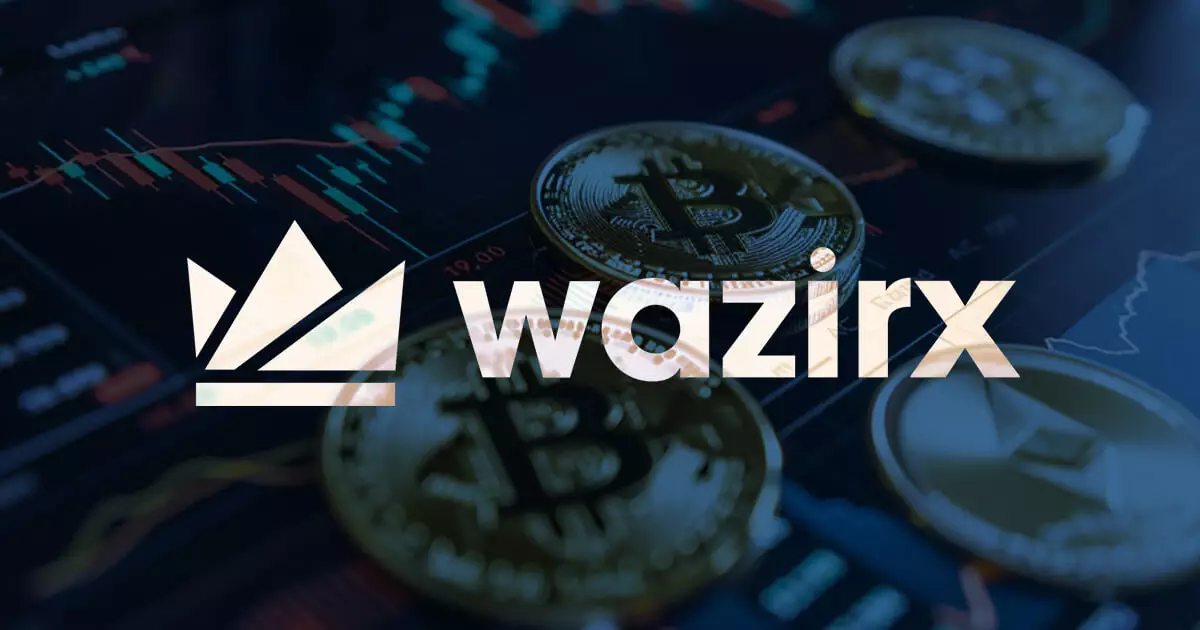In the ever-evolving landscape of cryptocurrency, security breaches have become alarmingly common, leading many platforms to reconsider their operational frameworks. WazirX, one of India’s major cryptocurrency exchanges, recently unveiled ambitious plans to launch a decentralized exchange (DEX), a pivotal step that reflects both the growing distrust in centralized systems and the urgent need for enhanced user security. This initiative follows a significant security breach in July, where hackers stole an astounding $235 million, spotlighting vulnerabilities that have plagued numerous platforms in the sector.
Centralized exchanges, while providing a level of convenience with user-friendly interfaces and customer support, often leave their users exposed to risks like hacking and mismanagement. Following the major hack attributed to the notorious Lazarus Group, which exploited a flaw in its multi-signature wallet, WazirX faced immense scrutiny and backlash. The attack not only compromised individual accounts but also raised serious questions regarding the robustness of the exchange’s security protocols.
Nischal Shetty, WazirX’s co-founder, articulated the vision behind the DEX during a recent town hall meeting, asserting that the platform will empower users by allowing them full control over their assets, mitigating counterparty risks that centralized exchanges carry. The proposed DEX is set to roll out in early 2025 and will include features such as its own token for transaction fees and community governance. This pivot towards decentralization appeals to an increasingly concerned user base that has witnessed firsthand the ramifications of centralized failures.
Shetty’s assurance that users would have complete control over their assets marks a critical shift in user sentiment and exchange operational strategies. The DEX aims to provide an ecosystem where transactions occur directly between users, reducing dependency on a central authority and subsequently minimizing the likelihood of significant financial losses from breaches.
The aftermath of the July hack was tumultuous for WazirX. To address the financial fallout, the exchange froze 45% of account balances, converting them into USDT while only allowing the remaining 55% for trading. This move triggered a wave of anger among users, who accused WazirX of “socializing losses” rather than absorbing the impact of the hack. The negative sentiment highlighted a growing trend where users demand greater accountability and transparency from centralized platforms.
In August, in a bid to rectify this situation, WazirX reinstated all account balances to pre-hack levels and reversed trades made after the incident. This reversal was portrayed as an effort to create fairness for affected users, yet it also revealed the complexities and challenges of regaining user trust in a market rife with skepticism toward centralized exchanges.
The dispute between WazirX and its former custody partner, Liminal, has further complicated the recovery process. Each entity blamed the other for the security breach, sparking public debates about accountability. Such disputes underscore the inherent risks users face when entrusting their assets to centralized exchanges, which are often burdened by opaque management practices and insufficient security measures. Despite the challenges, WazirX’s bid to launch a DEX signifies a potential turning point—suggesting that even major players in the cryptocurrency industry are reconsidering their operational models in favor of those that prioritize security and user control.
As WazirX prepares to navigate the challenging waters of decentralization, the industry at large is beginning to witness a tangible shift in focus. Experts predict that more exchanges will gravitate towards decentralized models as users prioritize personal asset security over the convenience of centralized services. This gradual transition could reshape the crypto market, driving other platforms to adopt similar strategies to survive in a climate increasingly saturated with security-conscious investors.
Ultimately, WazirX’s impending DEX launch serves as both a response to a critical failure and a larger commentary on the cryptocurrency ecosystem’s evolving dynamics. By prioritizing decentralization, the platform aims to restore user trust and set an example for others in a market that must continually evolve to meet the demands of its participants.









